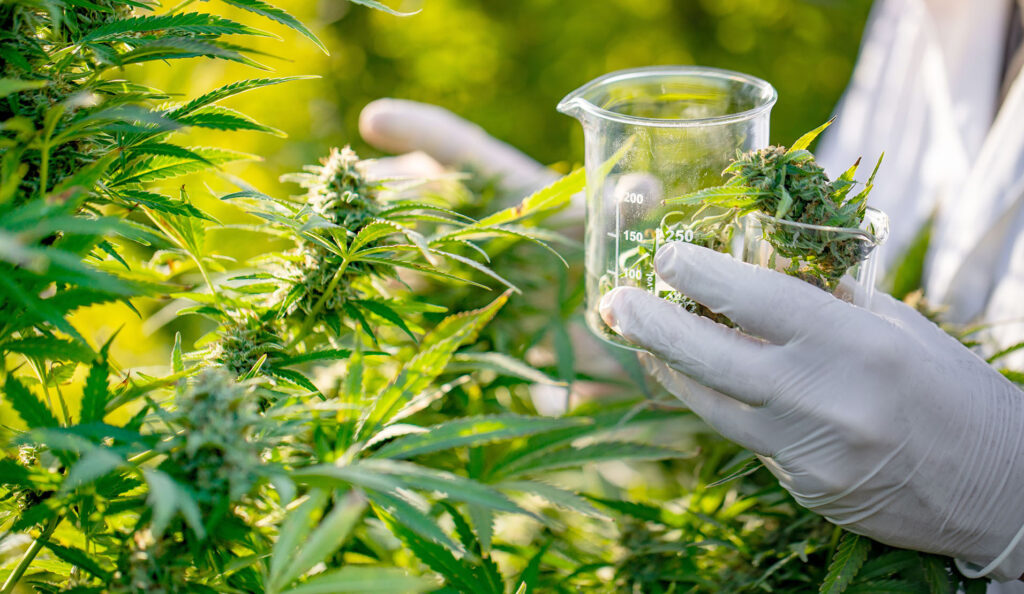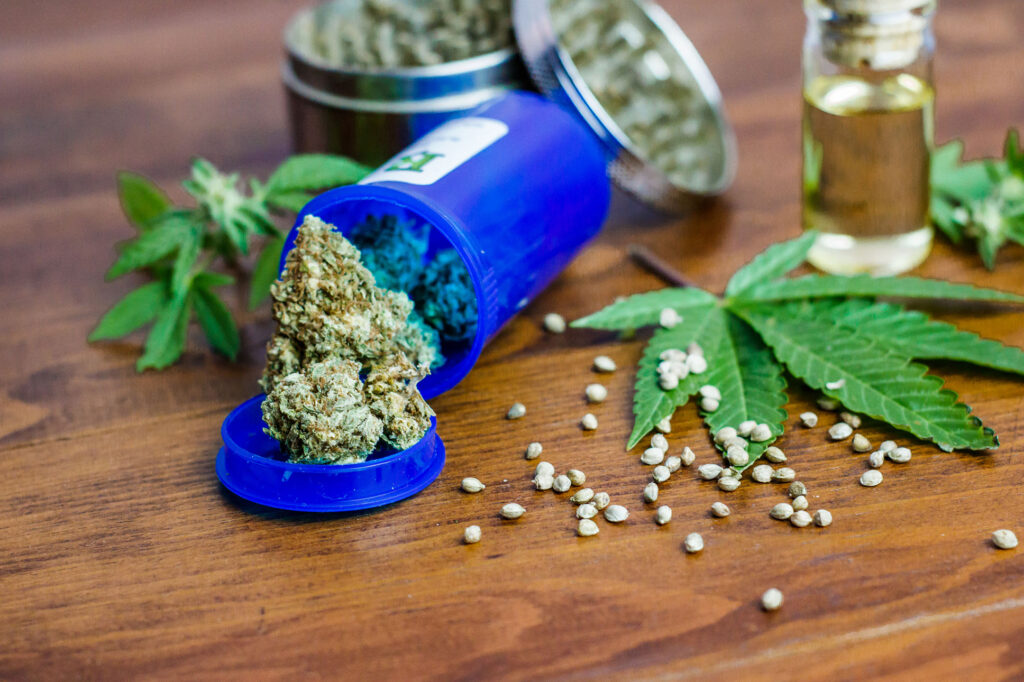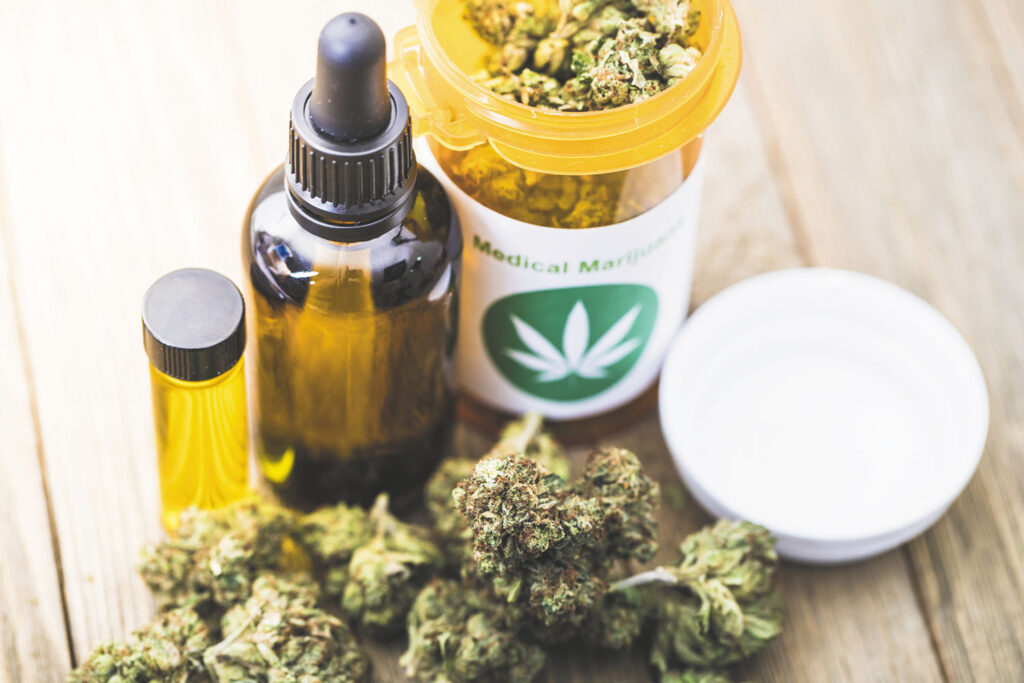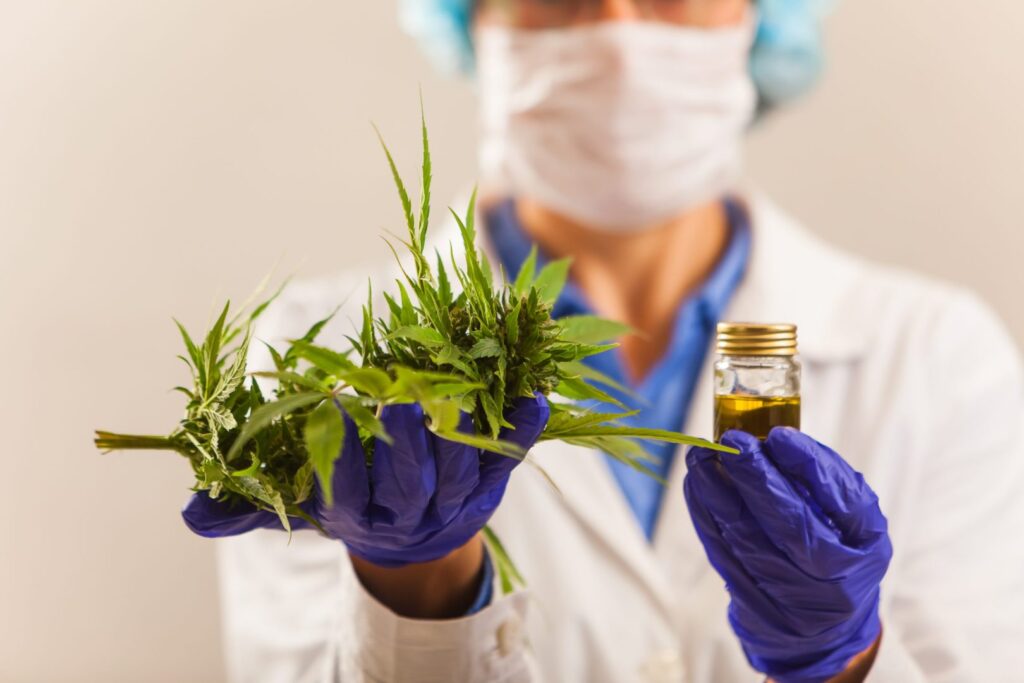
The United Kingdom legalized medicinal cannabis in 2018. Although cannabis was moved back to a Class B substance in 2009, it remains illegal for recreational use. That means using cannabis in the UK, even medicinally, is illegal unless prescribed by a licensed medical professional.
For patients who benefit from medicinal cannabis, this seems like a win. Many patients have been relieved to know they can now legally obtain the medicine needed to get relief where pharmaceuticals have failed. However, patients have been experiencing extreme roadblocks while trying to get their medical cannabis. Although laws are changing, and an increasing number of enthusiasts are learning how to cultivate the plant online using grow guides from specialists like Zamnesia.com to reap its medicinal benefits at home, the new regulations only benefit a small percentage of people.
Many people are learning the hard way that legalizing medicinal cannabis has not made it available to everyone. Numerous regulations determine who can access this medicine and how it can be accessed. Despite many scientific studies showing the efficacy of cannabis in treating a variety of ailments, UK regulations make it nearly impossible for anyone but cancer patients to get their hands on this medicine.
According to information obtained by the BBC, the NHS has been refusing to give medicinal cannabis to children with epilepsy. That doesn’t make sense considering two boys with epilepsy are the reason medicinal cannabis was legalized in the first place.
Why won’t the NHS approve cannabis to treat epilepsy?

The NHS has strict criteria for being approved for medicinal cannabis which would include treating epilepsy, but they also follow the National Institute for Health and Care Excellence (NICE) guidelines. Unfortunately, NICE guidelines do not recommend using cannabis to treat epilepsy and only call for its use to treat chemo-induced nausea and vomiting. NICE also will not approve cannabis prescriptions for chronic pain.
In the United States, doctors have been prescribing cannabis for anxiety, depression, insomnia, and PTSD for years. Many states have legalized it recreationally, making it accessible to anyone 21 years of age or older. The UK is being far stricter with legalization. Naturally, the legalization will start medicinally, but restricting NHS coverage to cancer patients isn’t fair.
UK residents can’t grow their own cannabis to treat medical conditions

Considering how cheap and easy it is to grow cannabis, you would think families could just get their cannabis anywhere (or grow their own) and pay far less out of pocket. Unfortunately, it’s not that easy. Medicinal cannabis must be acquired from a pharmacy, and the only cannabis pharmacies carry is a pharmaceutical with a high out-of-pocket price tag.
As a comparison, the U.S. states that have legalized cannabis allow patients to grow their own plants with some restrictions limiting the number of plants, the square footage of plants, and the size of the yield. Patients in the UK don’t have that luxury. Currently, they are not allowed to grow their own cannabis at all for any reason.
Putting cannabis further out of reach, all medicinal cannabis in the UK is required to be approved and licensed by the Medical Healthcare Agency (MHRA) and the Home Office while meeting a plethora of strict criteria. It’s just not possible for home grown cannabis to get approved. It must be a pharmaceutical form.
The harsh takeaway is that although medicinal cannabis is now legal in the UK, it’s only available to cancer patients in the form of a pharmaceutical drug and it’s illegal to treat medical conditions with home grown cannabis. It’s hard to see the point in legalization if hardly anyone can access the medicine.
The UK is making progress, but still far behind the U.S.

Perhaps the UK just needs to catch up to the U.S. with its own studies before home grown cannabis will be legalized. This is likely the case considering the UK doesn’t see evidence to support pain management, yet plenty of U.S. studies show that cannabis is effective in managing long-term pain.
Any progress is good, but progress in the UK has been slow compared to the United States. Although cannabis is still federally illegal on all levels, 33 U.S. states have legalized medicinal cannabis and a handful have legalized recreational use. The U.S. also recently legalized industrial hemp, which officially made cannabidiol products, like CBD gummies, legal.
The official legalization of CBD products is important because although it’s a non-psychoactive substance extracted from cannabis, it has been deemed illegal in the past. People use CBD gummies to reduce anxiety and get better sleep. To see what CBD gummies are all about, check out the CBD gummies from HempBombs.com. CBD also has been shown to have additional therapeutic properties when combined with THC, which brings us back to cannabis in the UK.
Is CBD alone enough to treat epilepsy?

According to health authorities in the UK, CBD (in the form of Epidyolex) is the only licensed drug in the UK recommended for treating epilepsy. Many families say this CBD-only drug is ineffective at controlling seizures, while THC has been known to completely eliminate seizures for many.
There is a THC drug available in the UK called Sativex, but this drug is only approved for multiple sclerosis patients to relieve the pain of muscle spasms. If a patient doesn’t respond to the drug in the first four weeks, their prescription is terminated. Like other THC drugs, NICE does not recommend that doctors prescribe Sativex, which means the NHS won’t cover the drug for patients.
The NHS continues to say that more research is needed before THC drugs can be approved for a variety of medical ailments. While that may be true, the UK has some of the world’s strictest criteria for medicinal cannabis use.
Laws governing medicinal cannabis in the UK will improve with time

UK laws are strict and it looks like only scientific studies with concrete conclusions will bring forward change. It’s going to take time for medicinal cannabis laws to ease up in the UK. However, based on the trajectory of legalization in other countries, it’s just a matter of time.














